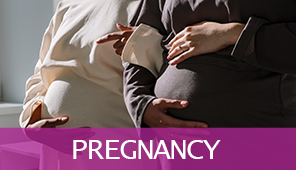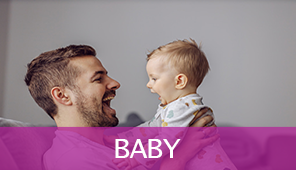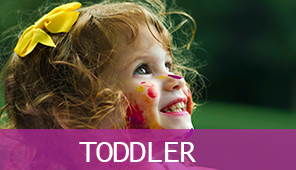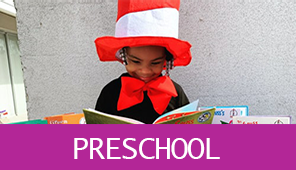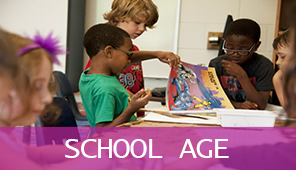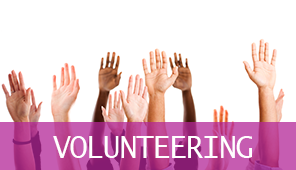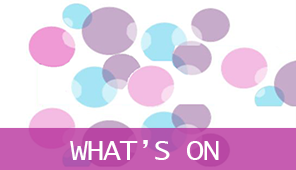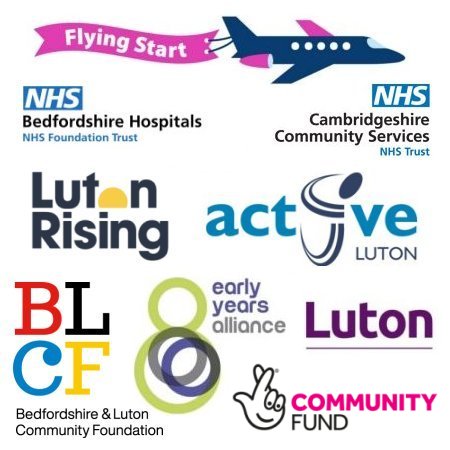Looking after baby’s teeth
Please click here for a padlet of information on Oral Health
Baby teeth really do matter
Although children will lose their baby teeth as they get older it is still really important to look after them to prevent tooth decay and to get children used to looking after their teeth from an early age. Decayed baby teeth can cause a lot of pain, lead to infection and cause problems with eating, sleeping and going to school. This can also affect their speech and language development and their confidence. If problems become more serious it can mean a child has to go into hospital to have teeth extracted – a distressing experience for any family.
Follow our 12 top tips for looking after baby’s teeth
-
Brush your baby’s teeth as soon as a tooth appears
Baby’s teeth should be brushed as soon as the very first one starts to break through the gums, using a toothbrush with a small head and soft bristles. Toothbrushes should be replaced every 2-3 months or sooner once the bristles become splayed.
-
Brush before bedtime and one other time during the day
Brush twice a day for two minutes. Brushing before bedtime is very important – make sure you don’t eat or drink anything after, unless it is plain water. If your child does not like to brush their teeth, try doing a toothbrushing activity with them, such as drawing some teeth on paper and using an old toothbrush and shaving foam to brush them! .
-
Spit, don’t rinse after brushing
After brushing teeth (you and your children) should avoid rinsing out with water or mouthwash – you will wash the fluoride in the toothpaste away! Just spit out the excess foam – job done! Babies/children who cannot spit out after brushing should have just a smear of family toothpaste on their brush. .
-
Don’t add sugar to any food or drink given to babies
There is no benefit in giving babies foods containing sugar as it can damage their teeth and get them used to over sweetened foods. .
-
Remember to ask for sugar-free medicines when possible
If they are not available, try and give the medicine at mealtimes to reduce an extra sugar attack.
-
Use a toothpaste with at least 1000 ppm (parts per million) of fluoride (Check the label)
A supermarket own-brand toothpaste is just as effective as a more expensive, branded toothpaste. Just remember to check the amount of fluoride in the toothpaste, this will help strengthen tooth enamel (the strong outer part of the tooth) to help prevent tooth decay. it should not be less than 1000ppm (parts per million) for children under 7 and at least 1350ppm for adults and children over 7. Whitening toothpaste is not suitable for children under 13 years. .
-
Use just a smear of toothpaste on the brush for under 3s and a pea sized amount for over 3s
The whole family, including babies, can use the same standard (non-whitening) toothpaste and It may be beneficial to get them used to the minty flavour early on, it is just the amount used that differs for children. .
-
Supervise your child whilst they are brushing their teeth until they are eight years old
Supervise brushing teeth and gums and remember to brush every surface of every tooth.
-
Avoid giving sugary and acidic foods and drinks between meals and an hour before bedtime
It is how often we have sugars and acidic food/drink that has the biggest impact on our teeth – not just the amount. This is why snacks and drinks in between meals need to be tooth-friendly.
-
Honey, smoothies, fruit juice and dried fruit are not tooth-friendly
Treats for little ones don’t need to be sweets or any kind of food. Children often love stickers, trips to the park, feeding the ducks or a good tickle! Try to think of healthy, tooth friendly treats for them.
-
Milk and water are the only tooth friendly drinks
Milk and still, unflavoured water are the only tooth-friendly drinks. All other drinks can contribute to tooth decay and tooth erosion.
-
From 6 months onwards encourage the use of open top cups and try to avoid using a bottle after the age of one year
Try to limit or avoid using a dummy as it can affect how a baby’s teeth grow, as well as affecting their speech as they get older. Look for other ways to give comfort.
It is important to take your child to a dentist to have a first check-up by their 1st birthday. Even if the baby doesn’t open her/his mouth the dental team will provide preventative oral health advice and this will help baby get used to the dentist. NHS dental care is free for children as well as pregnant women and mothers for 12 months after giving birth. For a list of Luton dental practices download this leaflet: Oral-Health-Top-Tips-2019
Vitamin D is also important for teeth and bones, and to help calcium uptake in the body. Adults and babies are advised to take a 10mcg vitamin D supplement (babies consuming 500ml formula/day should not require additional supplementation).
Useful video:
Parenting and Family Relationships
There are a variety of courses and one-off sessions for parents in Luton to promote positive, nurturing and responsive parenting
Child Safety
Safe at Home Luton is a child accident prevention programme aimed at families from pregnancy through to the child’s 5th birthday.
SEND families
If you think that your child may have special educational needs or disabilities (SEND) you should speak to someone about your concerns- find out more on Luton’s Local Offer


